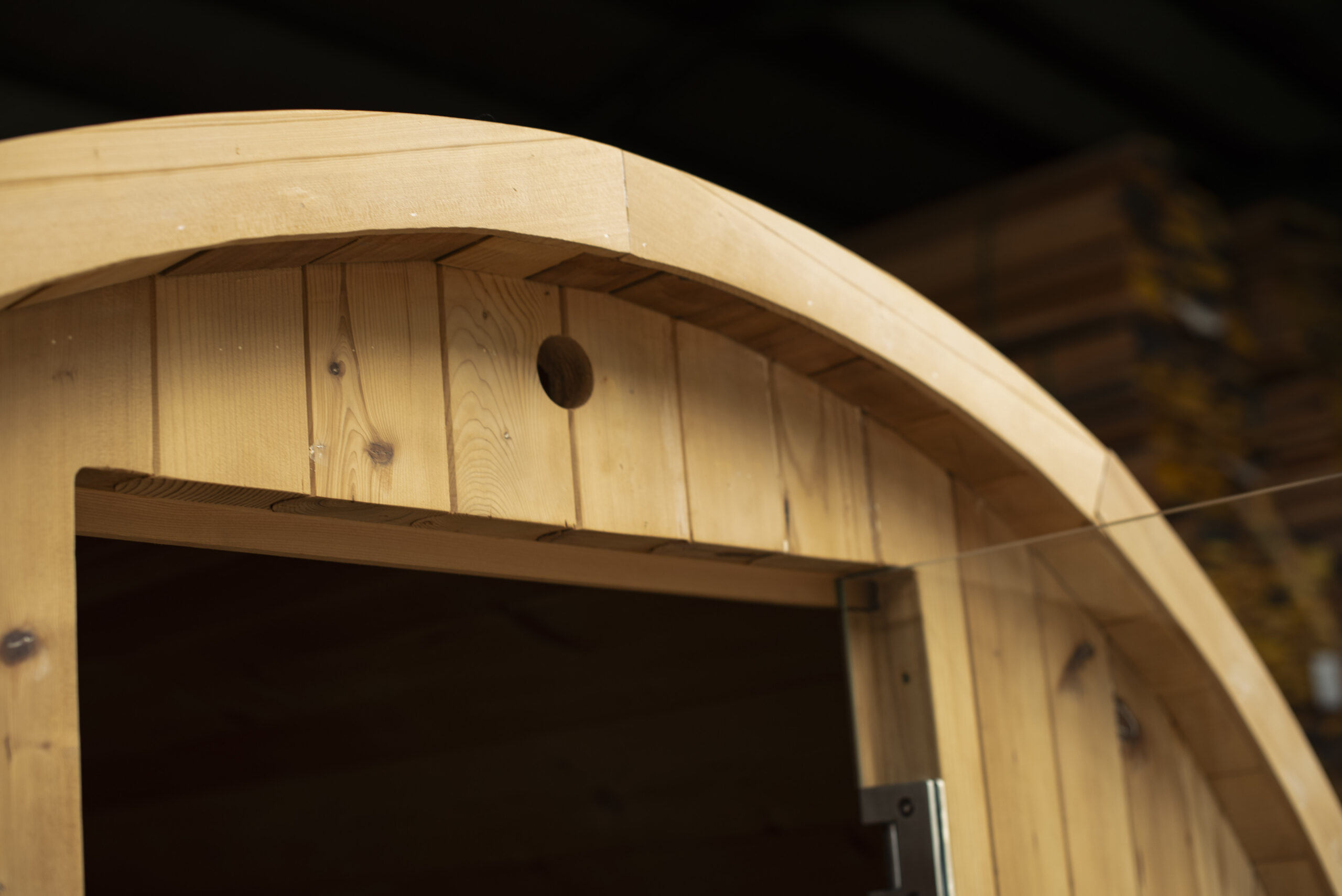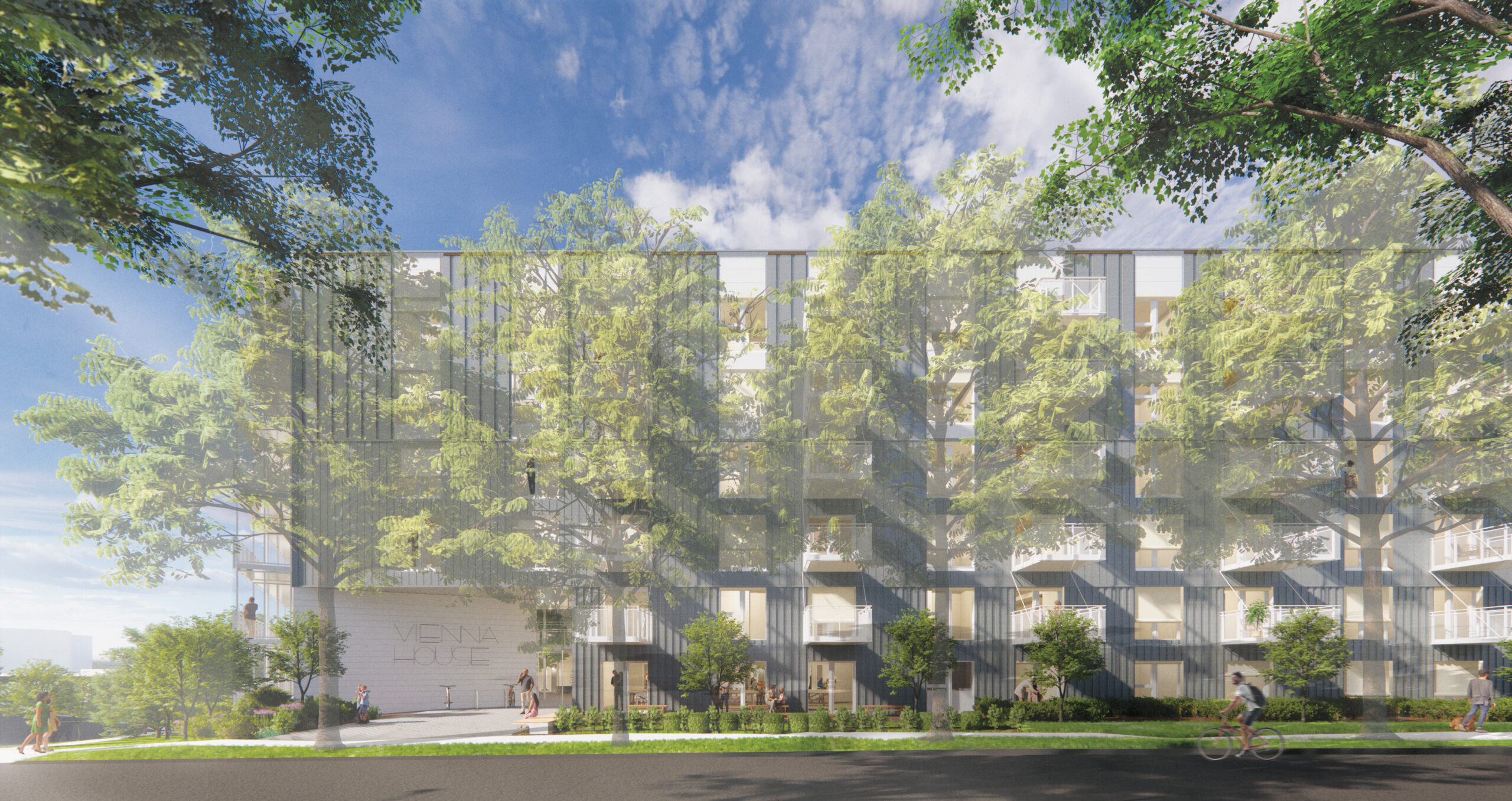By Nancy Xie
The “Hubei Wood-Frame Construction Application Technology Conference” took place on March 31 in Wuhan, followed by a four-party MOU signing between Canada Wood China (CW China), the Hubei Provincial Academy of Building Research and Design, the Jiangsu Research Institute of Building Science, and the China International Green Building Alliance, on jointly promoting the use of wood construction in Hubei’s green building development efforts.
This much anticipated collaboration had been initiated in early 2019, when FII China organized a training program for local officials in collaboration with the Ministry of Housing and Urban-Rural Development (MOHURD) in Suzhou, Jiangsu Province. Construction authorities from around China were invited to this training, where Jiangsu provincial officials had an opportunity to share their insights and experiences of using timber applications in old house renovation initiatives with Hubei provincial officials.
Following the priorities of the national 14th Five-Year Plan (FYP), the province of Hubei is tasked with targets relating to building industrialization, old house renovation and enforcing environmental regulations to facilitate carbon peak and neutrality goals. In the next five years, the province needs to complete renovations for 530,000 households and ensure that the proportion of prefabricated components used in buildings for new construction reaches 30 percent. Hubei officials that attended the Suzhou training were convinced that wood construction can function as an important solution for some of these objectives.
Ranking as one of the top three provinces for the construction industry in China, Hubei is strategically located in the Yangtze middle reaches, making it conducive to influencing surrounding provinces on promoting innovative construction solutions. With this location and level of activity, the province has been selected as one of the first carbon trading pilot regions in China. As such, further exchanges between Canada and Hubei, in the area of forestry carbon sequestration, will provide a significant opportunity to highlight the carbon advantages of wood construction.
Assigned by the Hubei MOHURD, the Hubei Provincial Academy of Building Research and Design had implemented a wood truss roofing renovation demonstration project on its office building to gauge the technical feasibility, with support from the Jiangsu Research Institute of Building Science and FII China. The project was completed in October 2020 and was credited by the institute and local MOHURD for the fast speed of completion, highly prefabricated nature and simplicity during construction. The project implementation has since facilitated cooperation between the two academies where FII China leveraged the opportunity to invite CW China to join the four-party mechanism.
The MOU signing between the four parties shows Hubei’s commitment to advance wood construction technology in the province, drawing from successful experiences in Jiangsu and technical expertise from CW China and the Alliance. CW China will work with Hubei on areas such as codes and standards, market promotions and technical solutions for wood construction.
Leading up to the signing ceremony, expert speakers from FII China, the Hubei Building Research and Design Institute, the Jiangsu Building Research Institute, CW China, and Central China University of Science and Technology presented on topics relevant to wood construction development, technical details and solutions, old house renovation project implementation procedures, as well as carbon emissions studies. The audience included about 60 provincial and municipal level MOHURD officials from across Hubei, as well as developers and design institute representatives who came with the interest of finding solutions to achieve provincial construction targets. The conference helped them to improve their understanding of wood construction and set a good foundation to advance collaborations through the MOU partnership.



